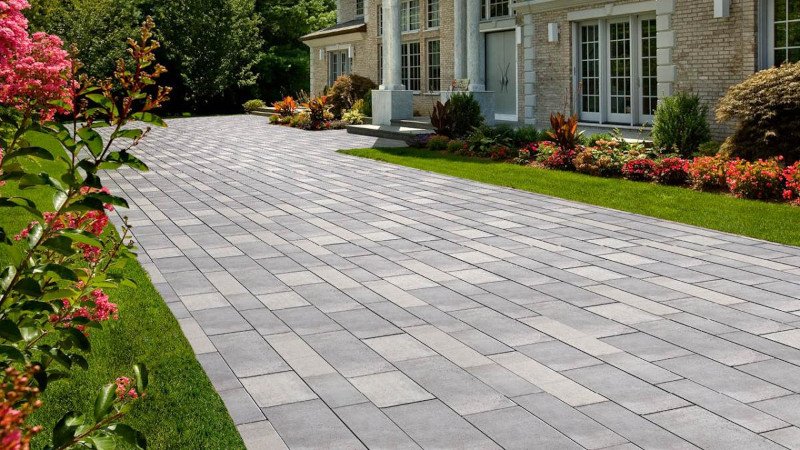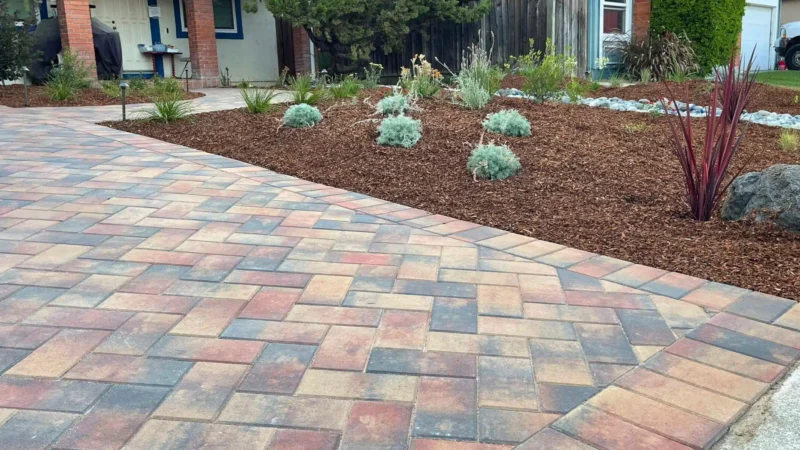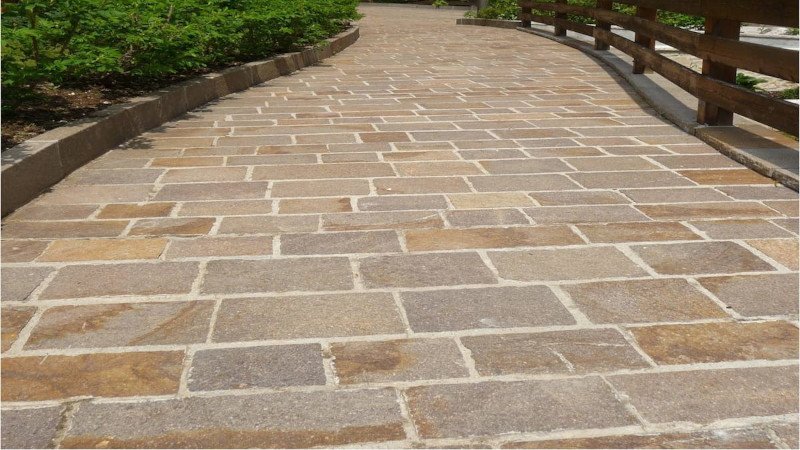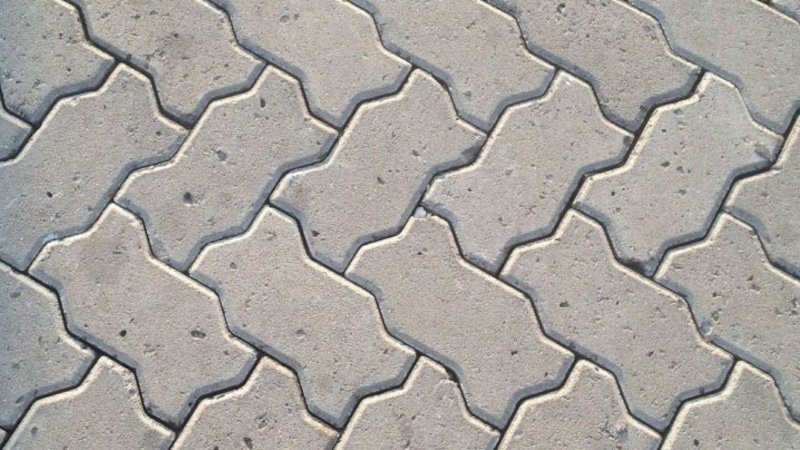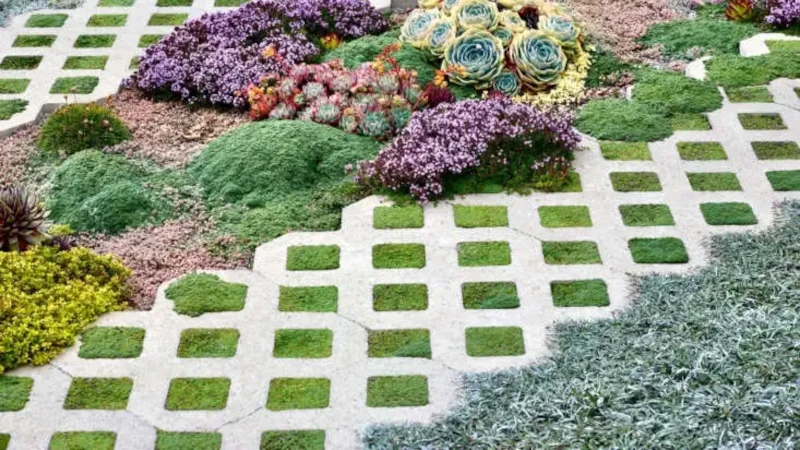Porcelain Pavers
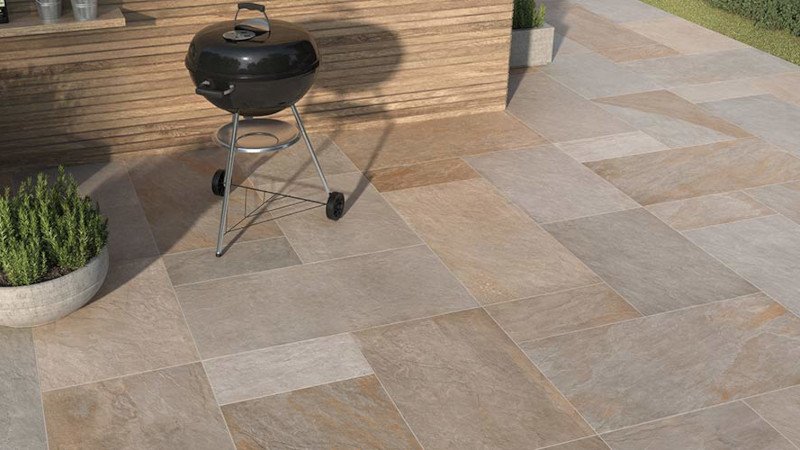
Porcelain pavers are a modern and versatile option for outdoor hardscaping projects. These pavers are made from high-fired clay and are known for their durability, low maintenance requirements, and a wide range of design possibilities. Here’s an expanded overview of porcelain pavers:
- Material and Manufacturing:
- Porcelain pavers are made from a type of ceramic clay that is fired at extremely high temperatures. This process results in a dense, durable, and non-porous material.
- The manufacturing process involves pressing and firing the clay to create a solid and uniform paver.
- Durability:
- Porcelain is inherently durable and resistant to various environmental factors, including extreme temperatures, UV rays, and moisture.
- These pavers are known for their resistance to stains, scratches, and fading over time.
- Design Options:
- Porcelain pavers offer a wide range of design options, including various colors, patterns, and textures.
- They can mimic the appearance of natural stone, wood, concrete, or other materials, providing a versatile and customizable aesthetic.
- Size and Thickness:
- Porcelain pavers come in different sizes and thicknesses, offering flexibility in design and installation.
- Larger formats are popular for contemporary designs, while smaller sizes may be used for more intricate patterns.
- Versatility in Applications:
- Suitable for a variety of outdoor applications, including patios, terraces, pool decks, pathways, and even driveways.
- Porcelain pavers can be used in both residential and commercial settings, contributing to modern and sleek designs.
- Low Maintenance:
- Porcelain pavers are easy to maintain. They do not require sealing, and regular cleaning with water and mild detergent is usually sufficient to keep them looking new.
- Their non-porous surface inhibits the growth of mold, mildew, and stains.
- Slip Resistance:
- Many porcelain pavers are designed with textured surfaces to enhance slip resistance, making them suitable for areas prone to wet conditions, such as pool decks.
- Resistance to Frost:
- Porcelain is frost-resistant, making it an excellent choice for outdoor applications in regions with cold climates.
- This resistance helps prevent cracking or damage caused by freeze-thaw cycles.
- Installation:
- Porcelain pavers can be installed using various methods, including traditional mortar and grout or raised pedestal systems.
- The installation process is generally straightforward, making it suitable for both professionals and skilled DIY enthusiasts.
- Heat Reflectivity:
- Porcelain pavers tend to reflect heat, making them a comfortable choice for outdoor spaces, even in hot climates.
- Light-colored porcelain pavers, in particular, can contribute to a cooler surface temperature.
- Sustainability:
- Some manufacturers offer porcelain pavers with recycled content, contributing to sustainable and eco-friendly construction practices.
- The longevity of porcelain pavers and their resistance to wear also contribute to sustainable design.
Porcelain pavers are a contemporary and durable option for outdoor spaces, combining aesthetic appeal with practical advantages. Their versatility, low maintenance requirements, and resistance to various environmental factors make them a popular choice for modern landscaping and design projects.


